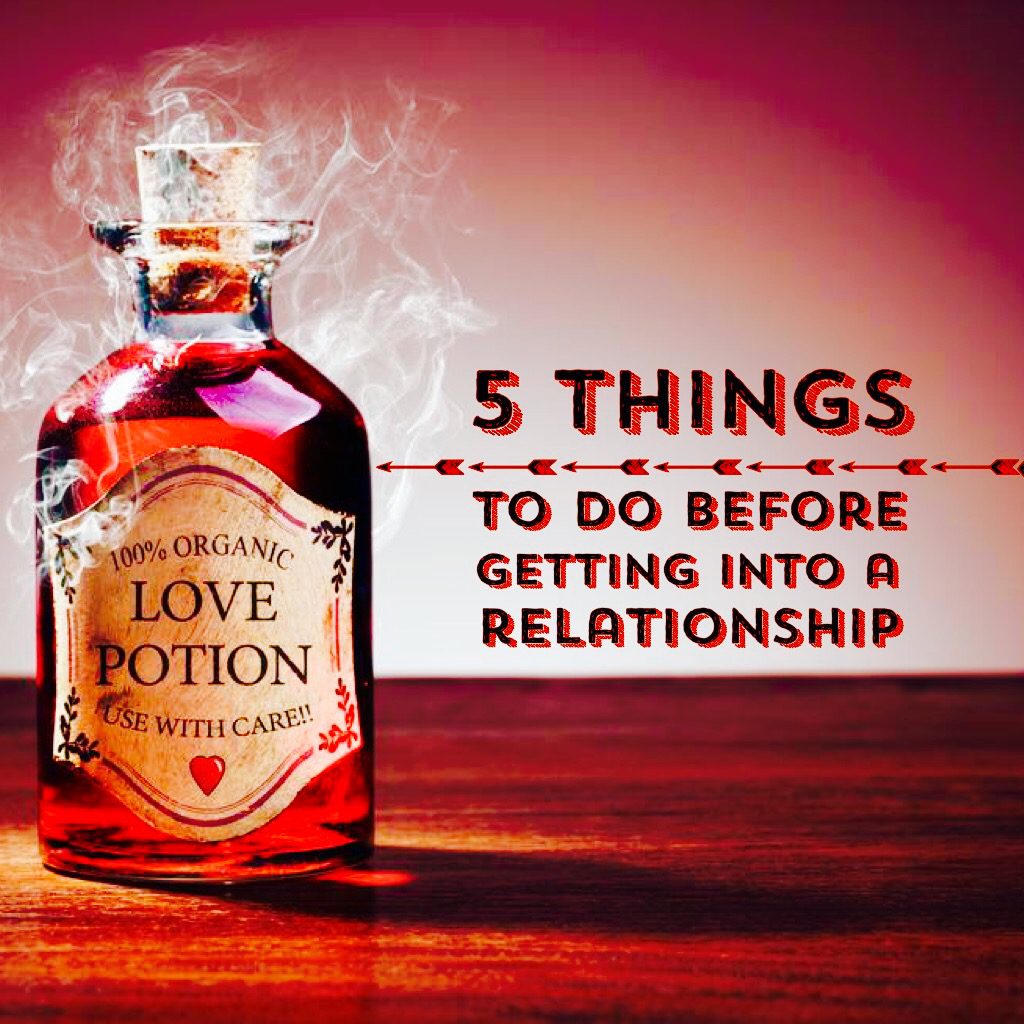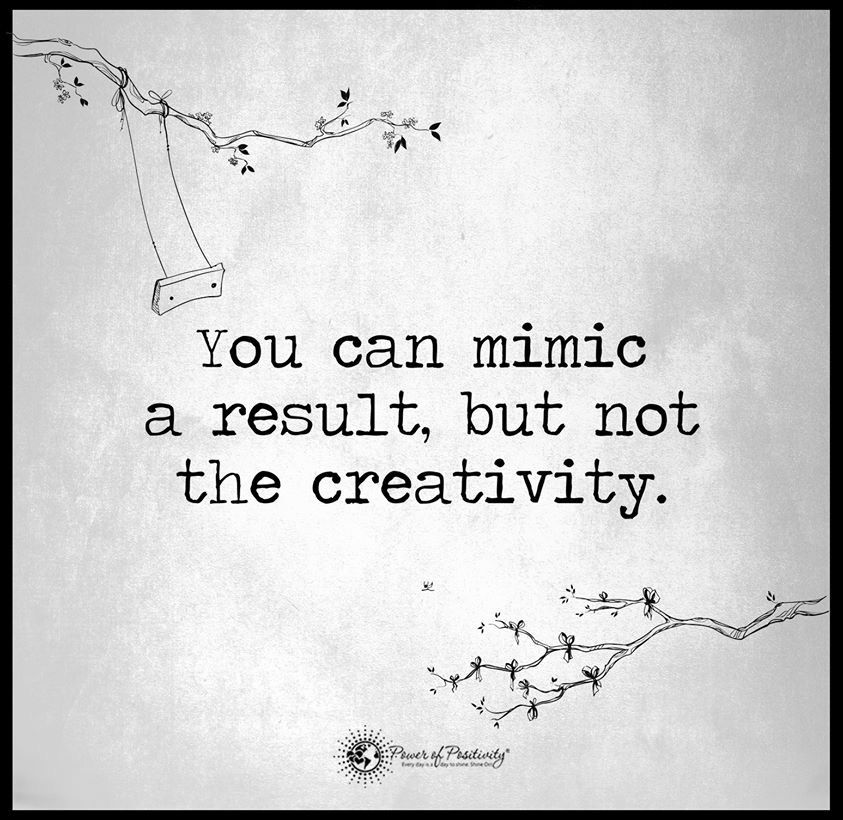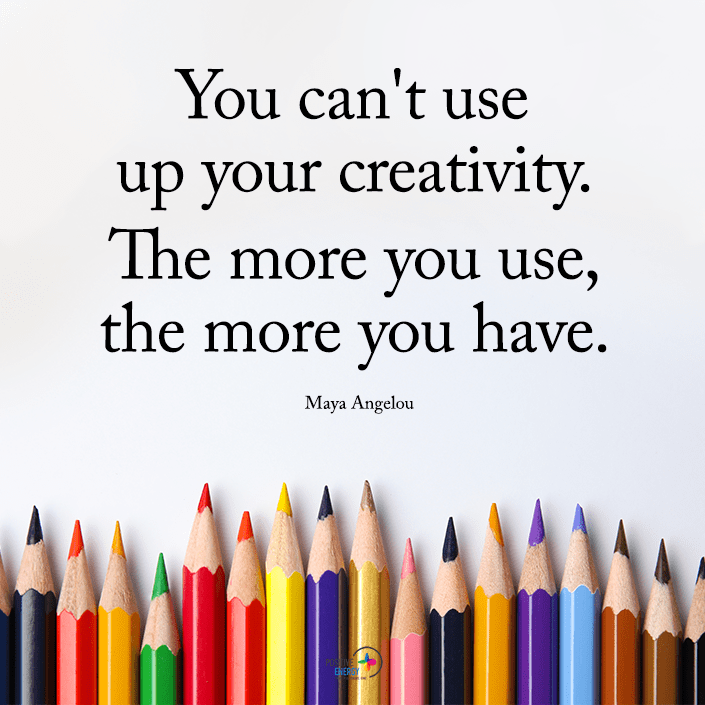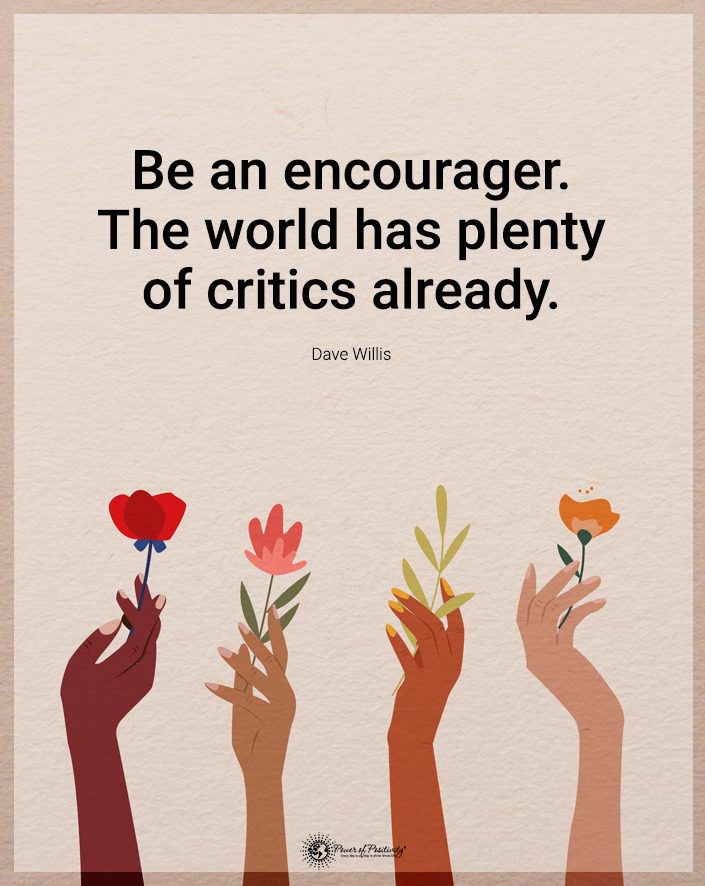Many people think of chocolates and flowers and big teddy bears during this time of year. However, today we lose the story of love and lessons behind Valentine’s Day.
In ancient mythology, the cute, chubby boy with wings holding a bow and arrow, Cupid, represented the Roman god of desire, affection, and attraction. Today, we associate Cupid with romantic love as well, and his picture adorns many cards and candies for Valentine’s Day. Beyond his association with the holiday, Cupid can actually teach us many life lessons about the true nature of love.
11 LESSONS IN TRUE LOVE
1. Keep your heart open to love.
In all of the classic tales about love, Cupid mischievously draws his bow and shoots unsuspecting people with an arrow, which causes an uncontrollable desire for the object of his or her affection. From Cupid’s actions, we can learn that we never know when we might become struck by love again, and it usually happens when we least expect it.
No matter how many times you’ve been hurt in the past, remember to always keep your heart open, because someone you completely adore could be just around the corner.
2. Love through the spirit of your inner child.
Since Cupid is a small boy, he doesn’t have any barriers to love, and points his arrow at whoever he thinks might benefit from the spell of love. While he sometimes sought revenge on people and turned love into a game, he still saw love through the eyes of a child. He shows us that we can still look at love in a playful, innocent way without hurting or taking advantage of others. (Based on some of his actions, we can also learn what NOT to do as well).
3. Love is blind.
In some paintings and sculptures, Cupid wears a blindfold over his eyes, not because he is blind, but because sight doesn’t matter in love. Love looks through the eyes of the heart and mind, as Shakespeare describes so eloquently in A Midsummer Night’s Dream:
“Love looks not with the eyes, but with the mind
And therefore is winged Cupid painted blind.
Nor hath love’s mind of any judgement taste;
Wings and no eyes figure unheedy haste.
And therefore is love said to be a child
Because in choice he is so oft beguiled.”
In our very visual world, we often forget that we embody love and that our physical selves just house our loving spirits temporarily. We can learn from this that love exists beyond the boundaries of our sight.
4. Don’t let love’s sting cause you to hurt others, too.
One tale portrays Cupid as a honey thief, and he consequently gets stung by the bees in the hive when he reaches in for honey. He cries to his mother Venus that such a tiny creature shouldn’t inflict such terrible wounds. She laughs and points out the irony: he is just a small child, yet he creates even deeper wounds in the form of broken hearts.
He eventually turns himself into a bee so that he can prick the young maidens who come to take honey from the hive. This tale provides a powerful lesson: even if you find yourself hurt by love, don’t allow your hurt to spill over onto others. Help them instead, and you will find more solace this way than by seeking revenge.
5. Ride the waves of love, and enjoy the journey.
Both ancient and modern interpretations of Cupid show him riding a dolphin, which has many implications. A mosaic from the late Roman Britain shows a parade of animals coming out of the sea god Neptune’s mouth, eventually morphing into Cupid. Some people believe Neptune represents the soul’s origin, with Cupid demonstrates the soul’s final destination. Others say that him riding a dolphin expresses how fast love comes and goes, or how wild the ride can be.
These interpretations can teach us that no matter where love takes us in life, and what we go through during its course, we should savor the journey every second.
6. Don’t chase after people for affection.
In medieval times, some people thought that Cupid represented moral degradation and had malicious intent. Some called him the “demon of fornication,” believing he exploited people’s strongest desires in order to enslave them in a world of corruption. They believed his nakedness portrayed him appropriately so that all of his evil and underlying motives could be showcased.
While this is just one interpretation of Cupid, the lesson here is that we should never use love for selfish desires, or chase after it to satisfy base-level, egotistical wants. Even though romantic love and sex are very natural and serve their place in this world, we still should all seek to express that love in a way that will serve our highest interests.
7. Don’t become lazy with love.
In Renaissance poetry and art, cupid sleeping became a popular symbol of weakening, lethargic love. Maybe some artists from this time thought people didn’t work very hard at love anymore, and let it fade away because they stopped putting in effort. This still applies in our modern world, because every relationship requires us to put forth some work. The main takeaway here is to continue spreading kindness and to never give up on it.
8. Love conquers all.
An artist named Caravaggio painted Cupid in a new, bolder light in his painting Love Conquers All by showing Cupid trampling over many symbols of tradition and intellect, such as music, architecture, combat, and learning. He got his inspiration from a late 1st century BC poet named Vergil, who famously wrote:
“Love conquers all, and so let us surrender ourselves to Love.”
While Cupid’s actions might seem negative, they actually have a hidden uplifting message: Through the veil of the material world, the right partner awaits for us patiently, but we must see through the illusion to find it.
9. Use your wings to fly from situations or people that no longer serve you.
Cupid has wings to depict lovers’ wishy-washy, ever-changing minds about love. People rarely stay together for a lifetime, but sometimes that isn’t what the universe had in mind for you. If you feel stagnant or suffocated by a relationship, use your wings to fly to a new place or person that suits you better. Never stay in a relationship just because it feels comfortable.
10. Sometimes trying situations lead to happy endings.
In the love story between Psyche (“Breath of Life”) and Cupid, they both encounter enormous challenges and spend a great deal of time apart before they are brought back together in the end. Psyche even falls into a deep sleep, but Jupiter interferes and grants her immortality so that the couple can get married. This probably won’t happen in real life, but it can teach you that genuine and mutual affection can overcome many obstacles and reveal the sun where you once only saw clouds.
11. Never stop having fun in life.
This interpretation doesn’t directly relate to romance, but it can lead to loving relationships if you first find love and joy within yourself. In many depictions of Cupid, he entertains himself with hoops, darts, chasing butterflies, or playing an instrument. This can remind us to amuse ourselves with the simple things in life, and never hide our true creative talents from the world!
What life-changing lessons about love have you learned in this article? Share in the discussion below!










